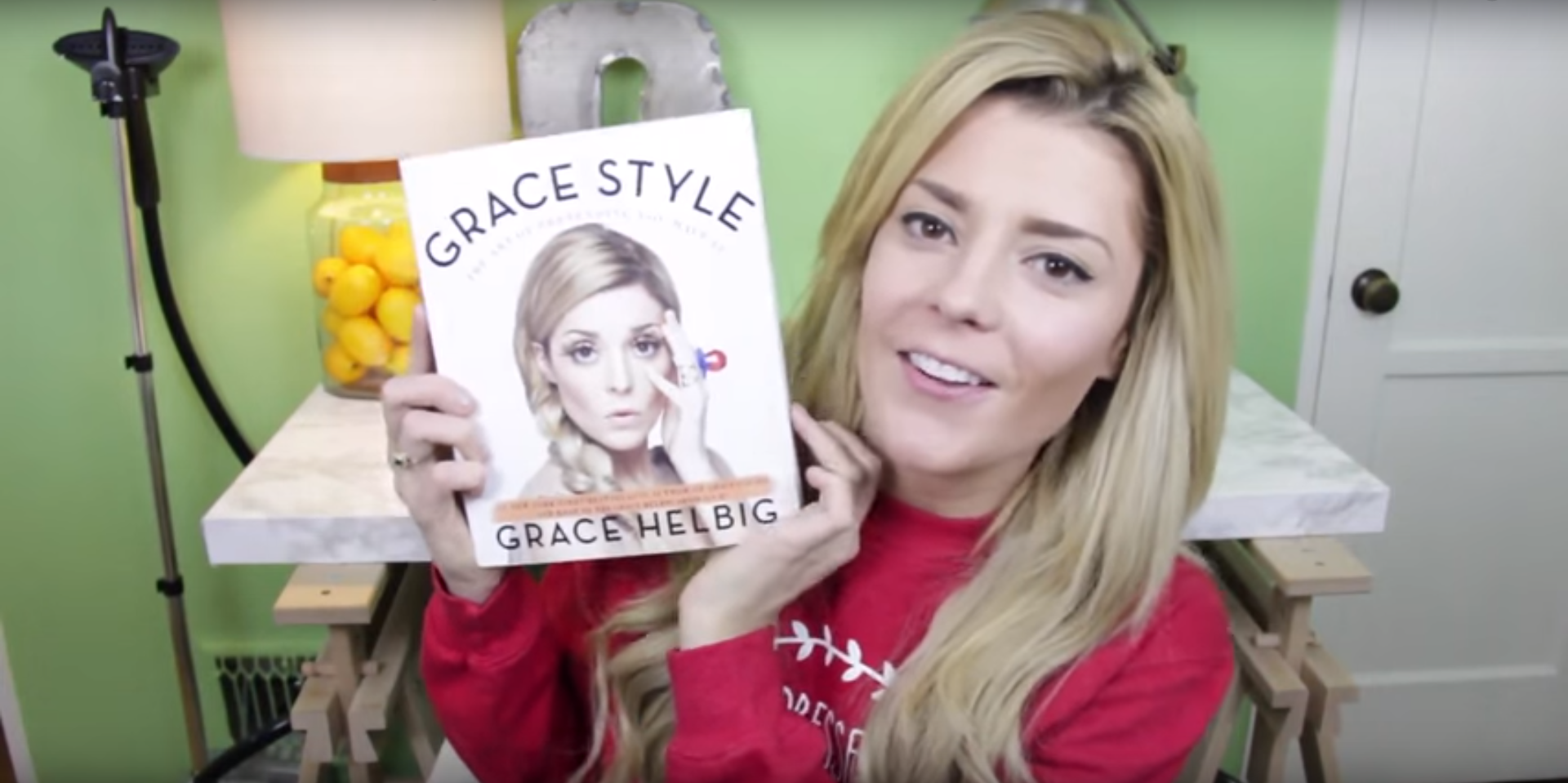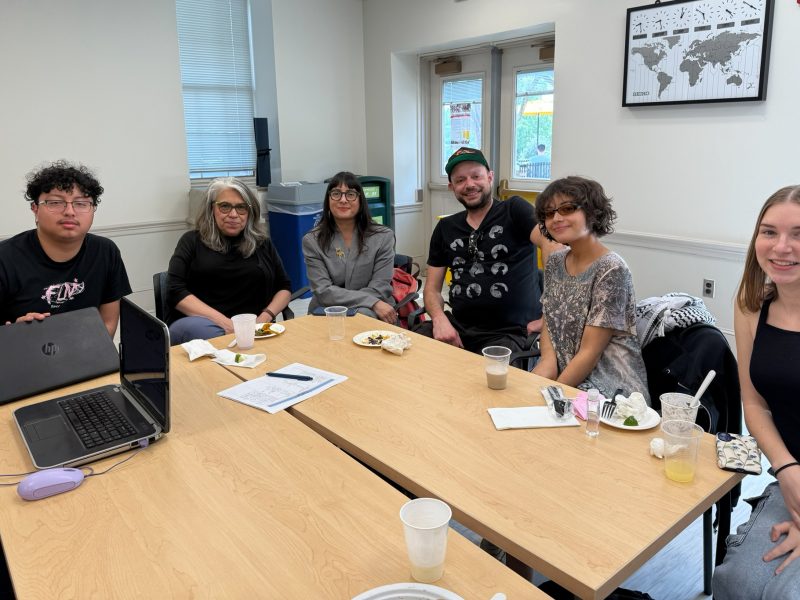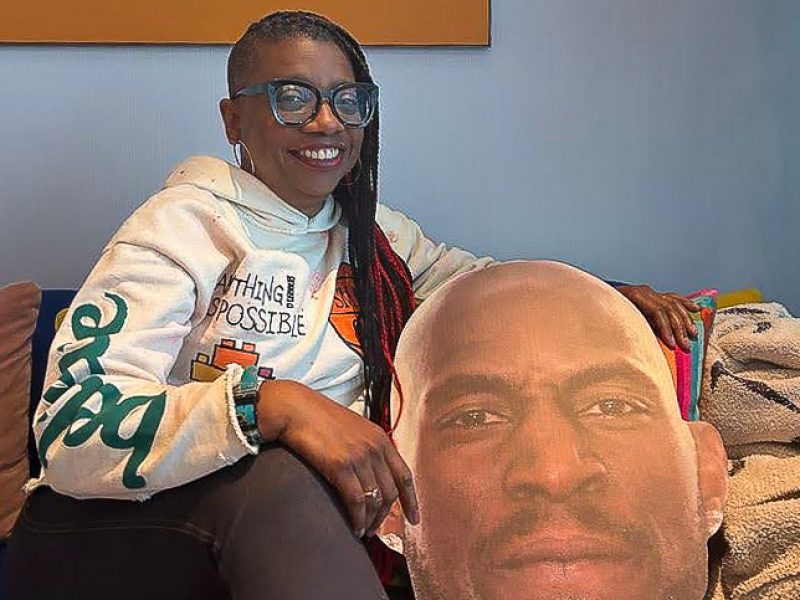Many of YouTube’s most prolific and highest-paid stars are extending their influence beyond the 1080p displays they dominate and into bookstores, though not without controversy.
While the publishing industry is making money off the social media celebrities’ offline endeavors, they’ve also come under fire for their lack of transparency regarding said celebrities’ actual involvement in the process.
In November 2014, YouTube star Zoe Sugg, who goes by Zoella online, infuriated fans when she finally admitted her debut novel Girl Online had been ghostwritten. Last January, when YouTuber Tanya Burr released her book, Love, Tanya, she was open about the fact that she worked with a ghostwriter.
This month, YouTube’s arguably most mainstream success, Grace Helbig, released Grace & Style: The Art of Pretending You Have It, a follow-up to 2014’s Grace’s Guide: The Art of Pretending to Be a Grown-up, but her first since the great YouTube book deal debate.
Perhaps publishers are trying to reverse their strategy, as Helbig’s part-autobiography, part-style advice guide certainly doesn’t seem to have any ghostwriter help — but that’s not necessarily a good thing.
Grace & Style does get off to a good start. Helbig’s dedication to insecurity and fear — “two of my best friends and closest enemies” — reveals a more complicated side of the usually self-deprecating and silly comedian. In fact, Helbig even begins the book’s introduction by admitting she had an eating disorder as a young adult. But then she immediately makes fun of herself for bringing up weighty topics rather than providing any semblance of depth on them.
“This book isn’t and was never meant to be an autobiography of my body issues,” Helbig writes as a near-disclaimer.
Instead, Grace & Style is a mess of lists and how-tos surrounding Helbig’s favorite clothing items, makeup looks and hairstyles. Sure, she makes digs at the fashion world and continually reminds her readers to be themselves. Still, her decision to gloss over the serious side of her motivation to write this book makes her musings and advice seem as superficial as the very industry she attempts to take down.
Occasionally, Helbig breaks up the monotony with short stories about her childhood, explaining what it was like to have a mother who worked for Avon and detailing a shopping trip with her father to Limited Too. Her voice is exceptionally consistent from screen to page, but unfortunately, her conversational nature doesn’t translate so seamlessly across media.
Too many pages, too, are devoted to photos — from screenshots of YouTube videos to professional shots of Helbig dressed up and mocking various style icons.
Helbig is undoubtedly a successful comedian, but Grace & Style‘s shortcomings prove her talent — and other YouTube stars’ — belongs where it began: in front of a camera, and not in the pages of a book.



